Dynamics 365 Sales
Customer relationship
management
Efficiently monitor and oversee your sales procedures and customer interactions using Microsoft's acclaimed customer relationship management software.
Obtain tailored Microsoft Dynamics 365 CRM implementation services that encompass integrations, seamless data migration, and continuous support to cater to your unique business needs.
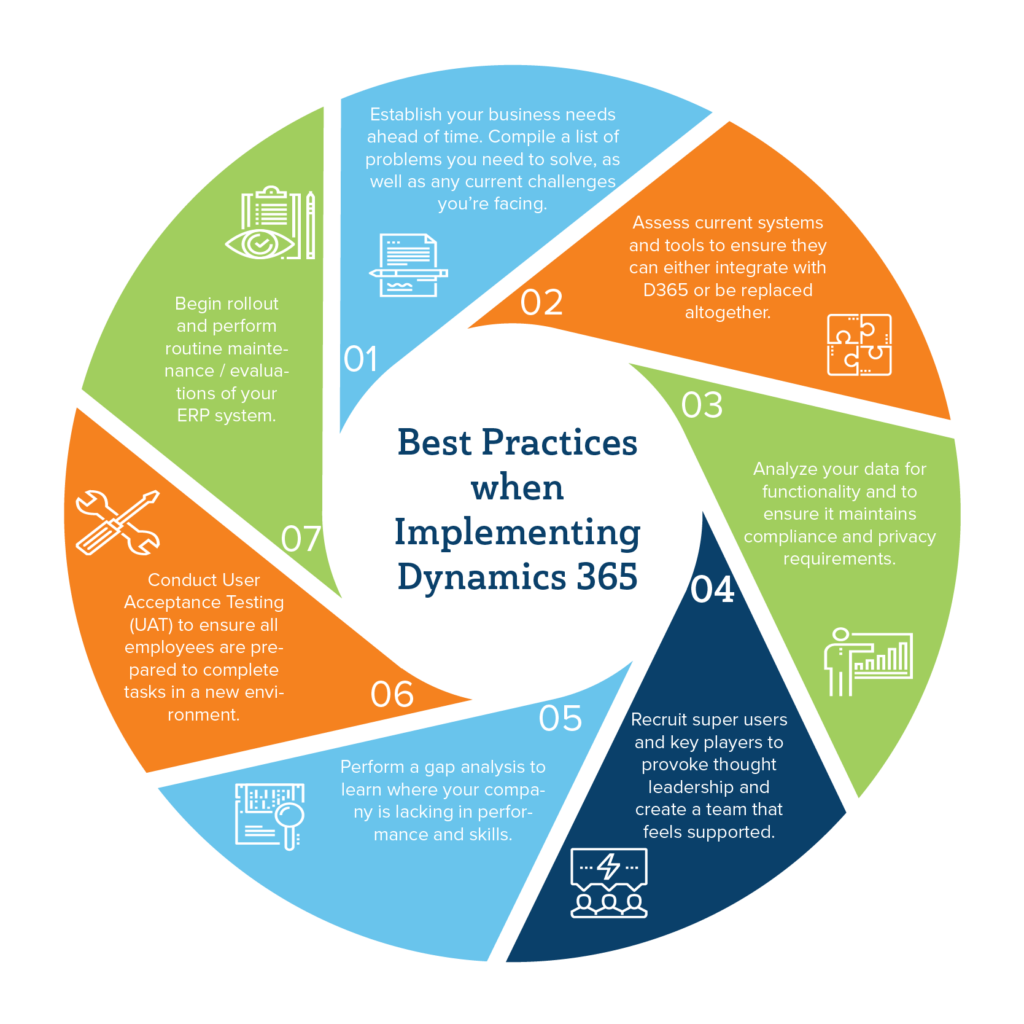
Microsoft Dynamics AX presents a potent Enterprise Resource Planning (ERP) system capable of delivering substantial advantages to implementing organizations. Yet, frequently, the implementation journey is riddled with challenges, carrying the risk of significant and costly setbacks. These situations often stem from a deficiency in awareness, skills, and expertise, coupled with ineffective project management as the underlying catalysts.
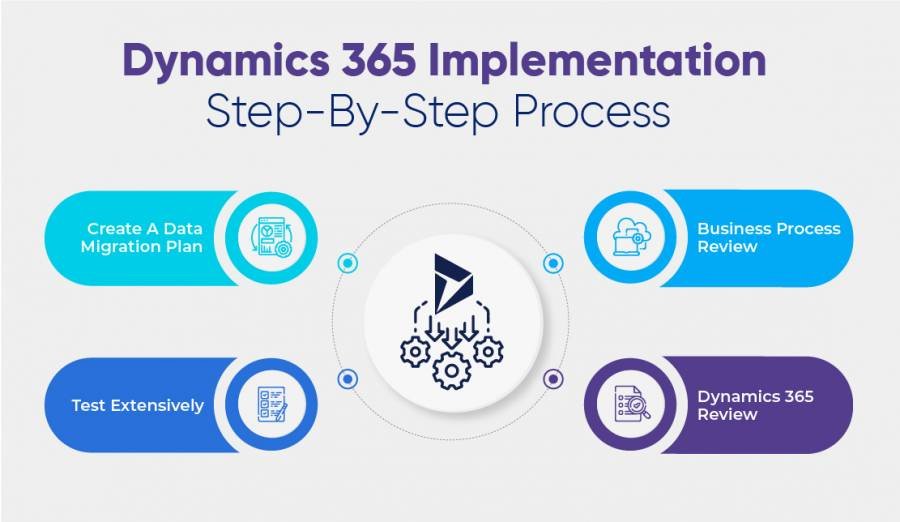
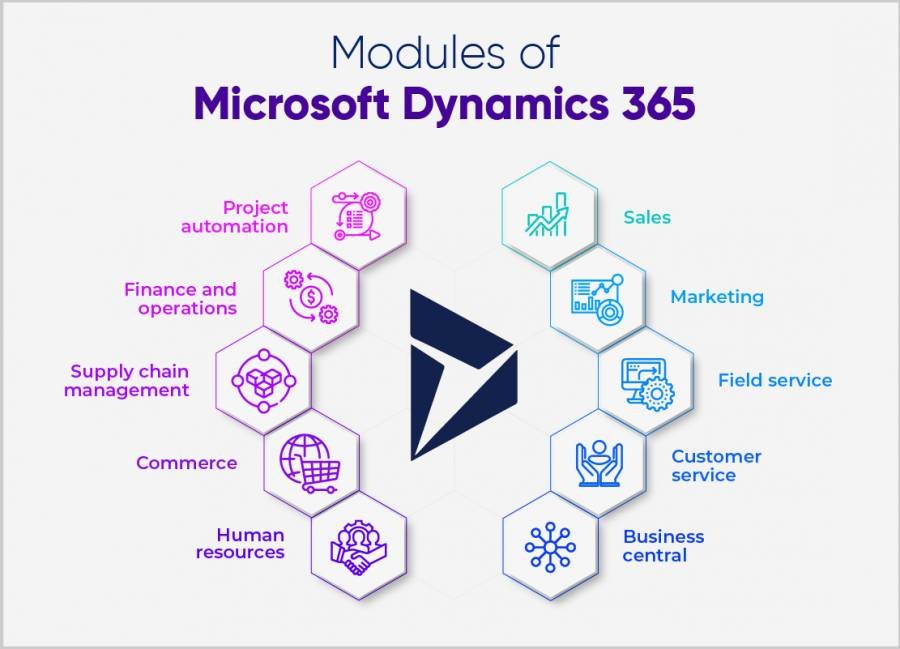

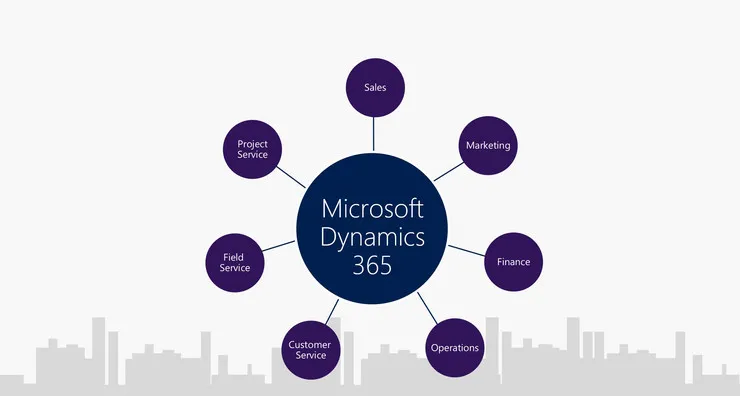
Forward-thinking companies that aim to outpace their competition and meet customer expectations make strategic investments in contemporary, cloud-based CRM sales software. This empowers them to expedite and optimize deal closures in an intelligent and efficient manner.
By adopting comprehensive end-to-end business management CRM software, you can efficiently oversee business processes, elevate customer relationships, and enhance overall productivity. Fusion X, backed by certified Dynamics 365 CRM experts, guarantees a seamless and risk-free implementation of Dynamics 365 CRM, ensuring your success.
Maximize the benefit from Microsoft Dynamics 365
Supply Chain Consulting Services.
Get in touch now!
Microsoft Dynamics 365 CRM is composed of a suite of interconnected applications designed to function harmoniously as a unified solution. These applications collaboratively automate critical processes spanning marketing, sales, and customer service, creating a comprehensive and integrated platform.
Efficiently monitor and oversee your sales procedures and customer interactions using Microsoft's acclaimed customer relationship management software.
Cultivate customer loyalty and empower agents with a seamless and unified experience that provides comprehensive customer service across all channels.
Efficiently operate and automate your project-centric business with this high-quality project management application designed for enterprises.
Enhance customer satisfaction by utilizing intelligent scheduling, native mobile support, and remote asset monitoring, ensuring tasks are completed accurately from the start.
Enhance your marketing ROI by leveraging embedded intelligence and analytics that meticulously track marketing performance.
Customize customer interaction and enhance employee efficiency by crafting an extraordinary and perceptive shopping journey that integrates digital, in-store, and behind-the-scenes operations seamlessly.
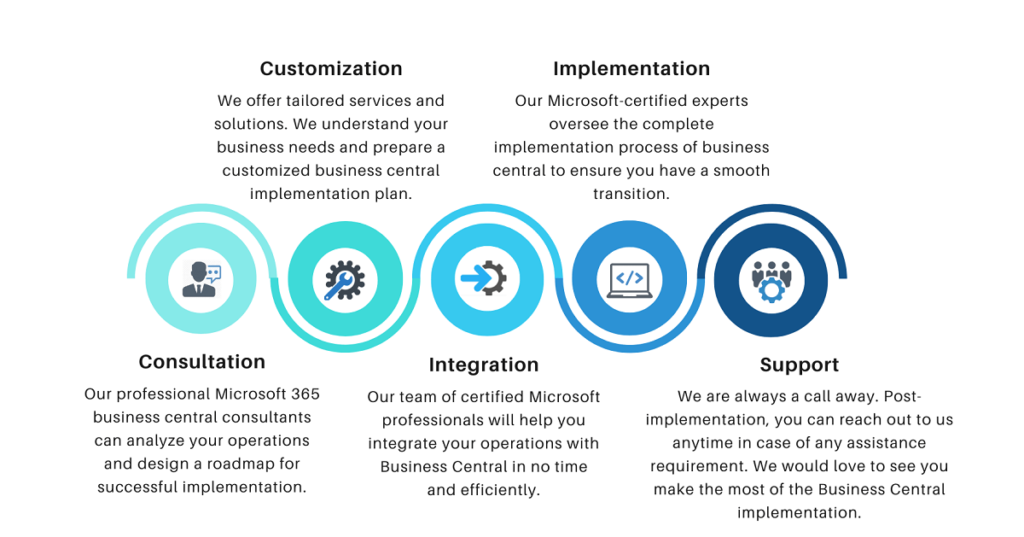
Comprehend the attributes, functionalities, and potential of Dynamics 365 CRM to strategize for implementation expenses, pinpoint performance disparities, and target processes suitable for automation.
Formulate a comprehensive data migration strategy to guarantee the seamless execution of the implementation process. Prior to transferring data, eradicate redundant and inaccurate information to ensure the integration of high-quality data, thus maximizing the value derived from your new CRM system.
Perform a meticulous assessment of the implementation using a representative sample database. Verify the synchronization of integrations and validate system outputs. Thoroughly conduct testing to uncover and rectify performance-related concerns and data accuracy issues prior to the full rollout.

Craft tailored experiences across multiple channels, spanning from initial consideration to the point of purchase.
Provide your team with familiar tools and actionable insights to facilitate their optimal performance.
Predict and handle business requirements through smarter processes and predictive guidance.
Proactively manage change more effectively by automating processes and pioneering new business models.
FusionX stands as a prominent Microsoft partner enterprise, offering customer-oriented Microsoft Dynamics 365 solutions across the Americas, Gulf, and Asia. Our commitment lies in delivering triumph through Microsoft Dynamics solutions. We specialize in harnessing the potential of Microsoft Dynamics 365, Business Central, NAV, and CRM, conjuring the magic that drives business transformation. We extend business insights to your fingertips with Microsoft Power BI, and adeptly utilize the capabilities of Microsoft Power Platform (Power Apps, Power BI, Power Automate, and Power Virtual Agents) to analyze data, construct solutions, automate processes, and create virtual agents

FusionX serves as a worldwide consulting firm. With over 19 years presence in the market.


© Copyright 2023 – FusionX All rights reserved